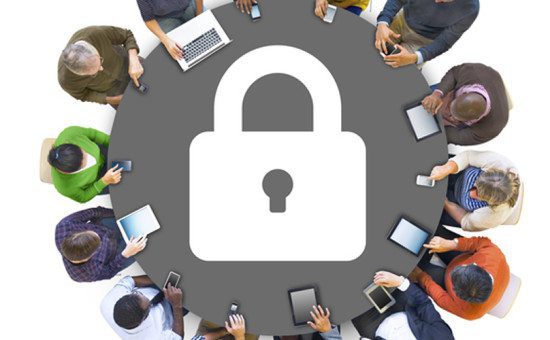BACKGROUND:
It has been reported that the state-backed Russian cyber spies behind the SolarWinds hacking campaign launched a targeted phishing assault on US and foreign government agencies and thinktanks this week using an email marketing account of the US Agency for International Development (USAid), Microsoft has said. The effort targeted about 3,000 email accounts at more than 150 different organisations, at least a quarter of them involved in international development, humanitarian and human rights work, the Microsoft vice-president Tom Burt wrote in a blog post late on Thursday.
The opinions expressed in this post belongs to the individual contributors and do not necessarily reflect the views of Information Security Buzz.



